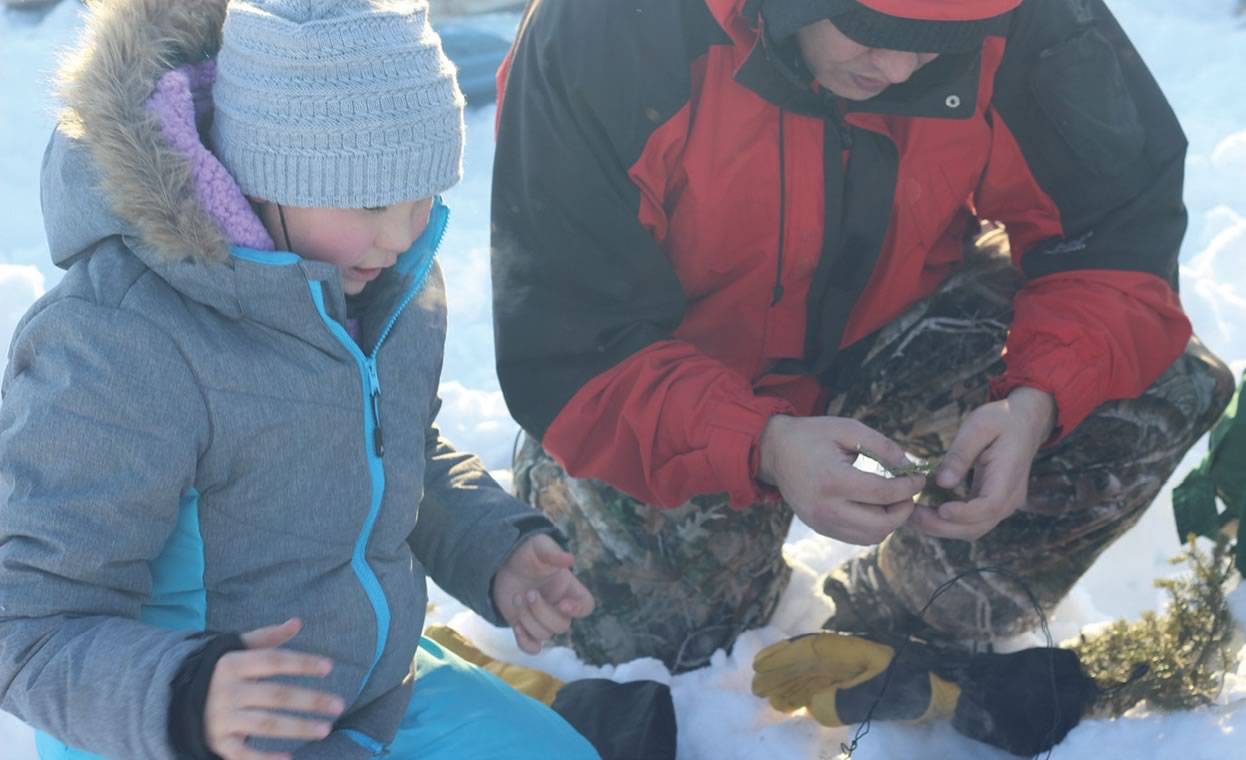We expect more
than a snappy story.
Not to blow our own horn (we’re Canadian, after all), but we’re justifiably proud of our methodology since it ensures we only fund charities that need and have earned our support and aren’t just reinventing the wheel. We start with a deep research dive to pinpoint exactly where the greatest sector needs exist, go looking for the charities meeting them, then proactively search for charities doing any work in those areas. We google, pick up the phone, ask around, and call for proposals. Then we start kicking the tires. We ask questions. A lot of questions. We want to see stats, data, and impact evaluation results. We make decisions exactly as we would if we were managing our own investment portfolios.

As annual donors, we review charities’ needs annually, and typically only fund those with a year’s worth of cash in the bank that year. If our money is just going to collect interest, we’d prefer donating it where it’s urgently needed, or letting it accrue in our account, where it’ll grow at a faster rate.
We certainly don’t make grants just because we can, but if an idea is compelling and evidence-based, why would we hoard our cash? Especially if the charity has a spectacular track record but remains chronically underfunded because so few funders know about it.
We’ve learned if we invest less often, but more substantially, and target our funds to specific projects, programs, and tangible capital improvements, we can pack a much bigger wallop than we could by parceling out a series of smaller grants, and more easily gauge what we wouldn’t have achieved if we hadn’t made that investment.
Targeting our gift instead of letting it go into a general funding pool gives us a guarantee, of sorts, that it’ll be spent exactly the way we want it to be, which is right away, and for a specific purpose.